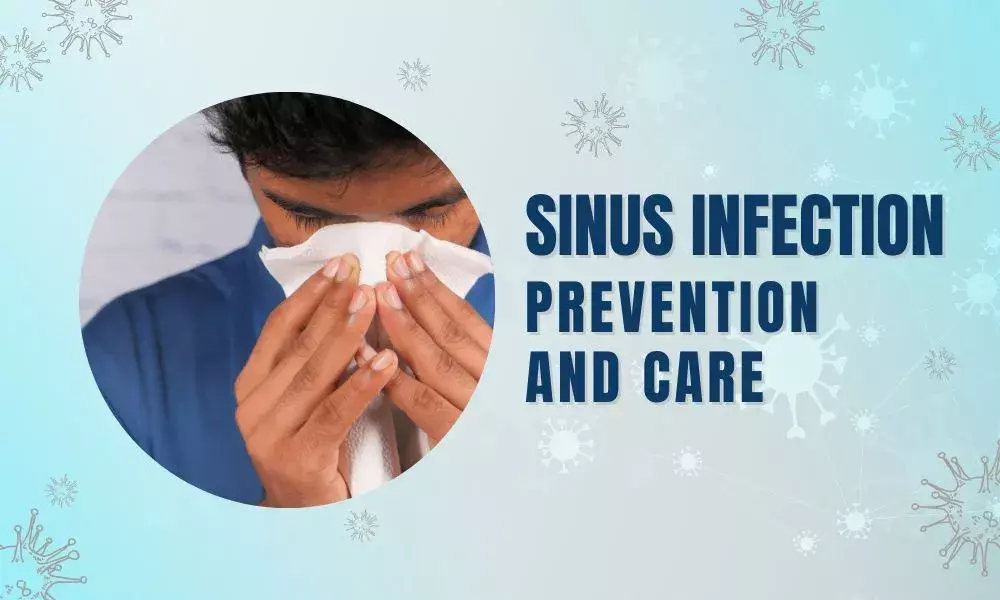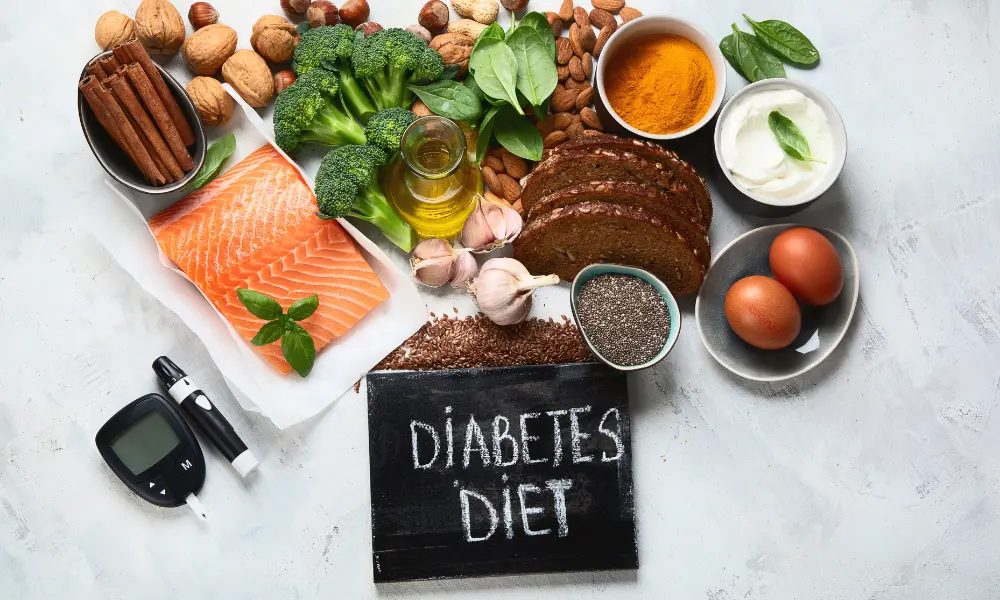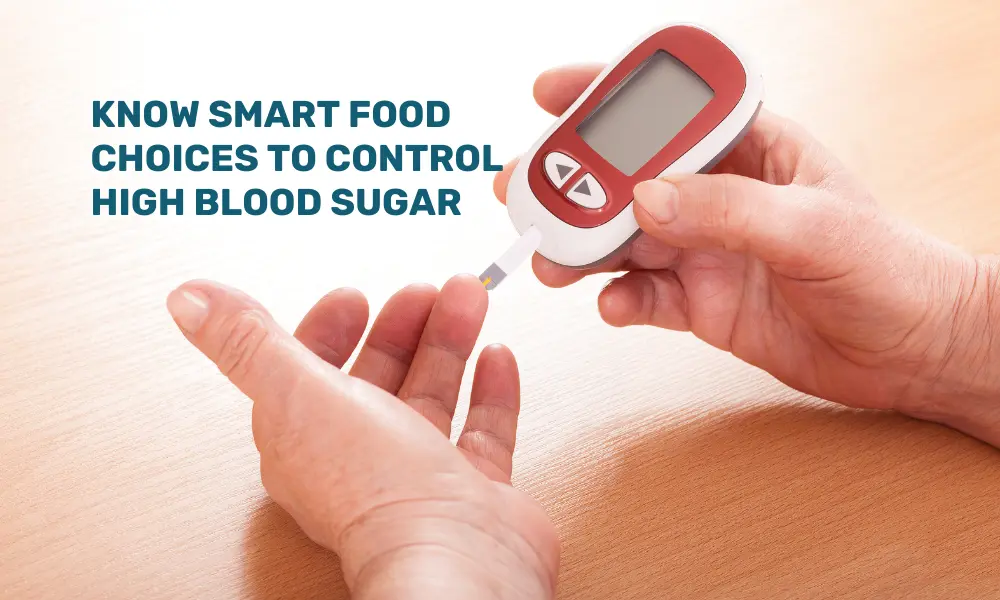Sinus infection (Sinusitis) often causes sharp facial pain, a stuffy nose, and a mild headache. It can make us feel sick and affect our span of focus.
Table of Contents:
-
What is sinusitis and its types?
-
Factors causing sinusitis
-
Common symptoms
-
Relieving sinus pain and pressure
-
Preventive Care
Dr. Sonal Mhatre, BHMS, with 17 years of Clinical experience, shares valuable information about sinus infection (sinusitis), how to relieve it, and its preventive care.
What is sinusitis and its types?
Our head has four paired cavities connected through narrow passages termed sinuses (sinus infection). The sinuses are normally filled with air. Sinusitis or sinus infection is a swelling or an inflammation of the tissue lining our sinuses. This can cause pressure and pain in our face and may even result in nasal congestion.
Sinusitis is categorized into acute, subacute, chronic, and recurrent sinusitis based on its occurrence and cause.
-
Acute sinusitis symptoms last less than four weeks. Viruses like the common cold usually cause it.
-
Subacute sinusitis symptoms may last from four to 12 weeks.
-
In chronic sinusitis, the symptoms may last at least 12 weeks, caused by bacteria.
-
Recurrent acute sinusitis is a subtype when symptoms come back many times in the same year, lasting less than two weeks each time.
Factors causing sinusitis
Several factors can increase our risk of getting a sinus infection; these may include:
-
A previous cold or seasonal allergy
-
Structural problems within the sinuses like nasal polyps.
-
Infections from dental problems
-
A weak immune system
-
Changes in air pressure caused by climbing high altitudes)
-
Exposure to smoke
Common symptoms of sinusitis
A few common symptoms of sinusitis may include pain or pressure in the forehead, temples, cheeks, nose, and behind the eyes, along with running or stuffy nose, headache, mucus dripping down the throat (post-nasal drip), sore throat, cough, and bad breath.
Relieving sinus pain and pressure
Dr. Sonal shares certain ways to reduce the sinusitis symptoms:
-
The fastest way to ease sinusitis symptoms is using a saline nasal spray.
-
Further, putting a warm compress over the nose and forehead can relieve sinus pressure.
-
Breathing in steam from a bowl of hot water or shower can further reduce sinusitis symptoms.
-
One must avoid blowing your nose with too much force, which can push mucus into your sinuses. Instead, the nose should be blown gently, one nostril at a time.
-
Getting sufficient rest is important to allow our body to recover from inflammation.
-
One must avoid drinking alcohol or caffeine, which can dry out our nasal passages.
-
One must drink ample fluid as good hydration keeps the mucus thin and loose.
-
The mucus pools in our sinuses at night when our head is down, so we keep our head propped up with a pillow.
Preventive Care against Sinus infection
Dr. Sonal suggests a few simple ways to prevent sinus infection. These may include:
-
Washing our hands often, particularly after shaking hands with others, can prevent us from getting infected.
-
Including many fruits and vegetables in our diet can help strengthen our immune system.
-
One must practice a healthy lifestyle, like controlling stress, exercising regularly, and having a sound sleep.
-
One cannot eliminate allergies, but one must avoid the allergens that may trigger allergies. Common allergens which may trigger sinus infection include pet dander, dust mites, and pollen.
-
One must use a humidifier in case of dry air in the home, such as forced hot air heat. This helps to add moisture to the air to prevent sinusitis. Keep the humidifier free of mold and clean it regularly.
-
Avoid swimming in chlorinated pools, as they can irritate your nasal passages.
-
One must avoid cigarette smoke and fumes from harsh cleaning products, paints, hair spray, and perfumes.
-
Annual Flu vaccine can be taken after consulting your doctor.
Sinus infections are common and usually not serious, but experiencing this. One must take good care at home by taking over-the-counter medication, drinking plenty of fluids, and resting. This can help in early recovery from the symptoms. One must consult a doctor if symptoms exist despite the preventive measures or if you have any symptom that worries you.





